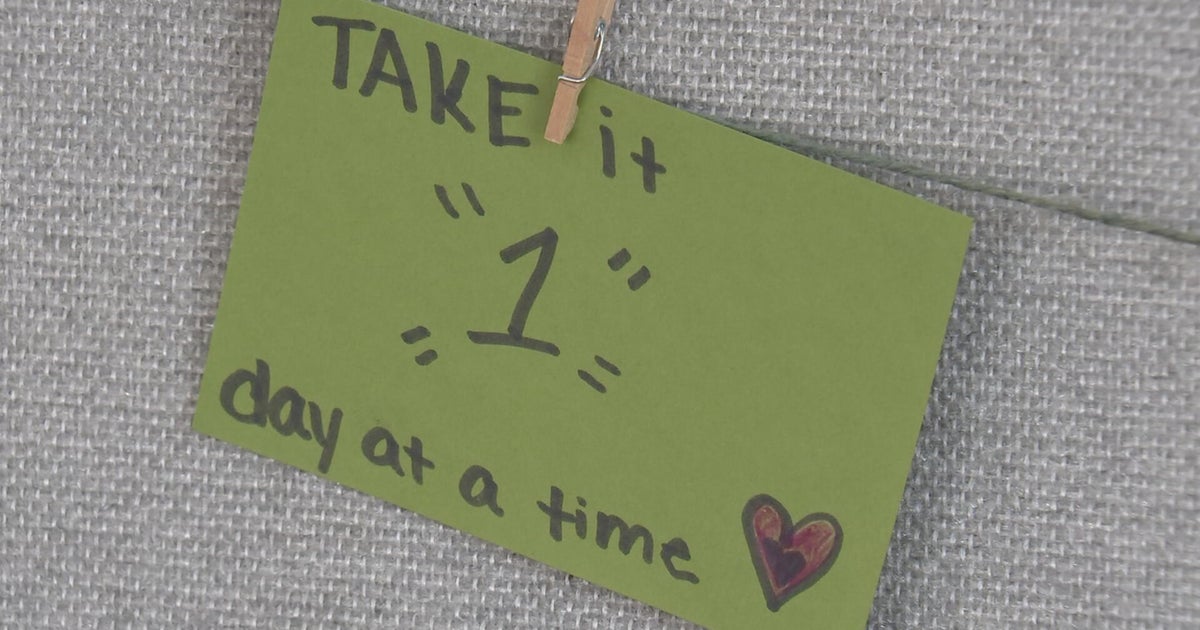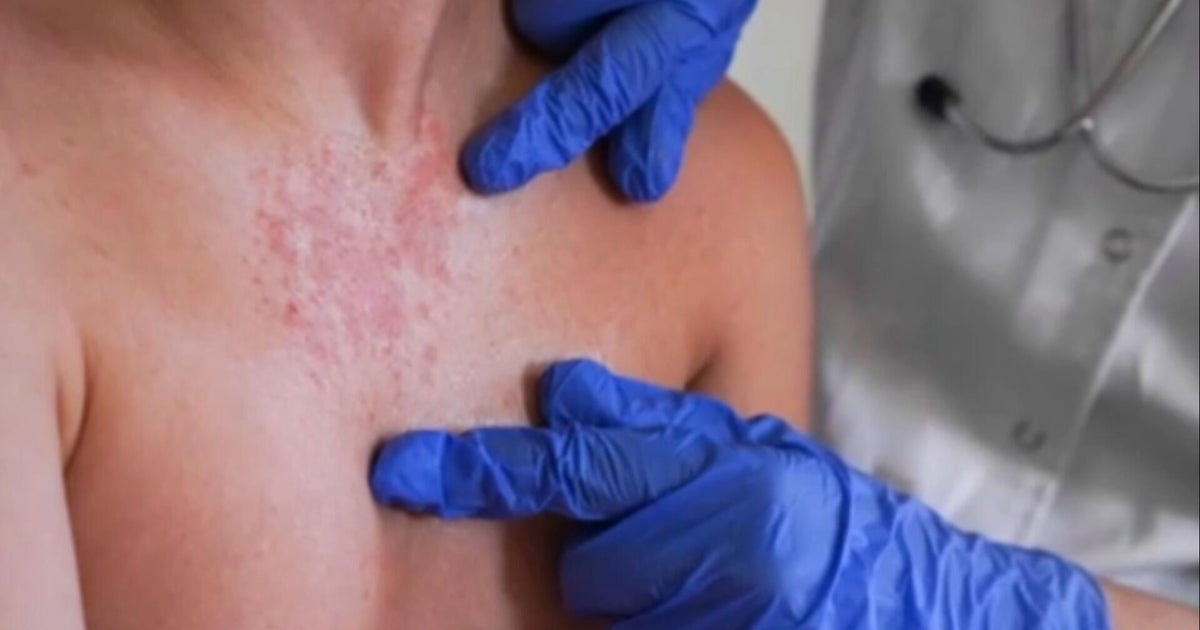How to cope with seasonal depression, according to doctors and therapists
PITTSBURGH (KDKA) — Winter is here, which means Pittsburgh is chilly and the sun doesn't come out as much as we may like.
But this time of year brings out feelings of sadness for many people. If you feel sad, you're not alone. Doctors and therapists say there are ways to beat the winter blues and seasonal depression.
"In this part of the country where we live, we don't tend to have a ton of sunny days in the wintertime, and it can really get people down," said Sarah Souri, a licensed psychotherapist in the Pittsburgh area.
Many people feel the bleak touch of the winter blues or seasonal affective disorder, which is more serious.
Souri said it's important to pay attention to yourself and your loved ones.
"Is their behavior different? Are people sleeping more? Are you losing interest in things that usually bring you joy? Pay attention to those kind of things, and are you having more depression and anxiety than usual? It's low energy, it's when you're kind of feeling sad, you may be losing interest in some of your activities or even interest in being social and seeing friends," she said.
A new Forbes Health study shows which states are most and least likely to be affected by the winter blues. West Virginia ranks fifth and Pennsylvania is ninth.
The study says Pennsylvania's average daylight time during winter is 10 hours and 47 minutes, the average percent of sunshine is 47.4 percent and the prevalence of depression symptoms is nearly 17 percent.
Souri said there are ways to cope with those feelings. She said people can try light therapy lamps that simulate the sun, eat well, exercise, even if it's just walking or dancing, get enough sleep and try not to isolate.
The most important piece of advice is to know when it's time to talk to someone.
"If the symptoms really get hard and if you really feel that hopeless and really, really depressed, then, of course, I would recommend seeking out professional help from a therapist who can help further with those types of symptoms," Souri said.
If you or someone you know is in crisis and needs help, you can call or text the suicide and crisis lifeline at 988. It's available 24/7.







